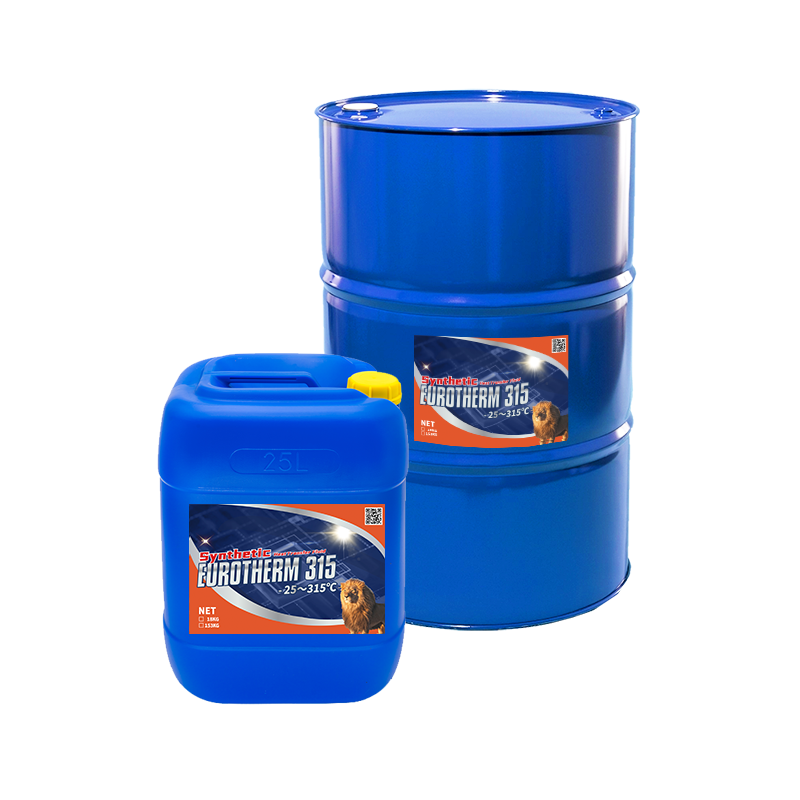Chemie for Dummies
Table of ContentsWhat Does Chemie Do?The Facts About Chemie UncoveredEverything about ChemieIndicators on Chemie You Should KnowNot known Details About Chemie Top Guidelines Of Chemie5 Simple Techniques For Chemie
Ionic liquids (space temperature level liquid salts) have also revealed some prospective to come to be next-generation coolants based on their thermal stability, exceptionally low vapor pressure and various other buildings. Currently, their application is restricted to solvents in chain reactions and extractions. These chemistries will take a variety of years to come to be technically and economically competitive with the existing coolants.However, choice of the very best coolant for a particular application needs a proper understanding of all the qualities and thermo-physical residential properties of these fluids. fluorinert. Dielectric liquids can be made use of in contact with the electronics, whereas non-dielectric coolants are made use of with a chilly plate. In the future, coolants with much better residential properties (thermal conductivity, specific heat, thermal security) might be readily available, however their appeal will certainly rely on their dependability and business economics
Not known Details About Chemie

Dielectric liquids, commonly referred to as coolants or thermal monitoring fluids, are crucial worldwide of electric lorries (EVs). They play a substantial duty in safeguarding the heart of an EV: the battery. These liquids are vital, dissipating the warm produced during the battery's billing and discharging cycles. As the electrical car industry surges onward, the need for effective battery cooling down solutions is at an all-time high.
Low Thickness: The Smooth Operator The viscosity of the liquid is an additional crucial factor. Reduced viscosity fluids, exhibited by AmpCool, are the smooth operators. They stream openly, improving warm transfer and guaranteeing an also temperature level circulation within the battery pack. This, subsequently, prevents hot areas and boosts general cooling performance.
Chemie for Beginners
High Particular Heat Capability: The Heat Storer AmpCool, the remedy from Engineered Fluids, flaunts a high certain heat capacity. This suggests it can take in and store a considerable amount of warm while experiencing just a moderate temperature level rise. It is the heat storer that maintains temperature changes within the battery pack.
Chemical Stability: The Guardian In a large temperature variety, AmpCool stands as the guardian. AmpCool resists decay and does not react with various other materials used in the battery system, strengthening its durability.
Electric Insulation: The Guard AmpCool is not simply about heat dissipation; it is additionally an outstanding electrical insulator. It effectively avoids short circuits in case of leakages or contact with the battery's electric elements - paramount for safety in EVs.
Things about Chemie
(https://www.ted.com/profiles/48599309)It is inherently hard to stir up, substantially minimizing the risk of fire in the occasion of a battery breakdown or an accident. Non- Toxic: The Guardian of Wellness weblink and the Atmosphere, AmpCool' s dedication to security extends to occupants.

We've compiled this glossary to assist you understand the different fluid cooling terms and acronyms. Annual Failure Rate (AFR) stands for the projected portion of failings over a year. AFR is determined by dividing the overall number of failures in a year by the overall number of running hours. The AFR is a percentage and can be made use of to approximate the likelihood that a device or part will certainly stop working throughout a year of usage.
An Unbiased View of Chemie
An air conditioning unit is a self-supporting device or system created to execute the features of cooling, flowing, filtering, dehumidifying or otherwise processing of air in a building or a car. The procedure of guiding and regulating air motion within an IT system or data center to cool IT devices and components.
One ampere equals 1 coulomb (c) relocating past a factor in 1 second. Founding members of APDCA consist of data facility operators, Digital real estate, Equinix, Global Change, NTT Global Information Centers and Vantage Data Centers.
Chemie Fundamentals Explained
The sign computation separates the complete CO2 emissions triggered by complete information centre power by the power intake of the IT computer equipment. The main processing system (CPU) is an electric processing system of a computer system that gets and performs guidelines. The CPU is the system's brain, leading the computer system with various analytic actions.
Chlorofluorocarbons (CFCs) are safe, non-flammable, organic chemicals that consist of carbon (often hydrogen), chlorine and fluorine. CFCs are made use of in the manufacture of aerosols, foams, packaging products, solvents and cooling agents. CFCs are an EPA and UN-targeted greenhouse gas. In an IT and computing sense, the chassis is a frame or real estate that confines the components of an IT system, such as a server or computer system.
Not known Facts About Chemie
It is the propensity of the material to withstand change or decomposition because of inner response or due to the action of air, heat, light, stress, etc. In the information centre, chemical security is utilized as a specification to evaluate a liquid for usage. A closed-loop system, when it come to cooling, is a system that is created to flow a coolant constantly in a sealed loop, without any straight interaction between the coolant and the external setting.